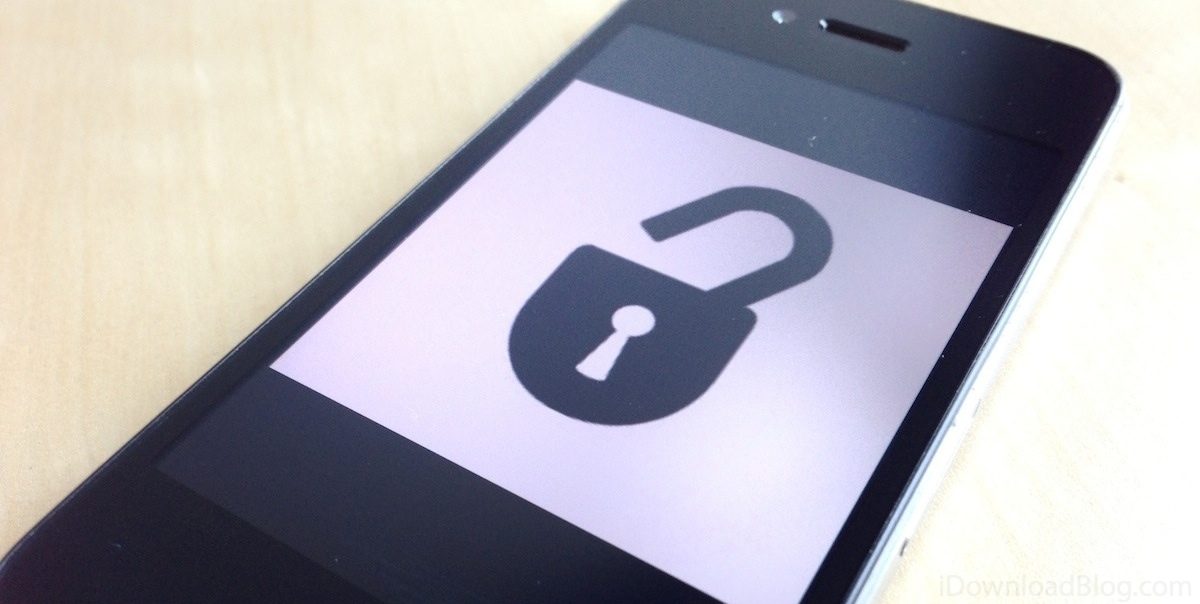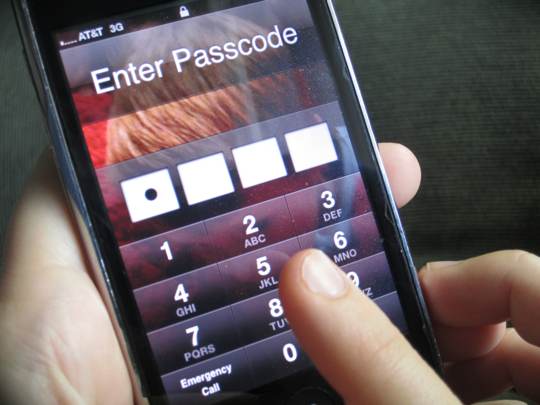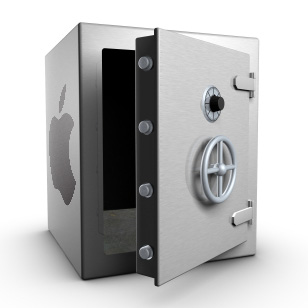Apparently, the law enforcement community needs to hire a few 13-year-olds able to crack the passcode on Apple’s iPhone. There is such demand to help unlocking iPhones that one federal agency had to wait nearly two months for Apple, which even manages a waiting list, to unlock the smartphone. One “flaw” in Apple’s otherwise tight mobile security could worry privacy advocates: the company reportedly does not inform iPhone owners when it bypasses the device’s security measures…
“Apple receives so many police demands to decrypt seized iPhones that it has created a ‘waiting list’ to handle the deluge of requests,” CNET reported Friday.
In one case detailed in court documents, ATF agents in Kentucky spent three months attempting to decrypt the passcode of an iPhone 4S owned by a man suspected of distributing drugs. After getting nowhere, the agency turned to Apple, waiting another seven weeks.
The good news is that despite all the YouTube tutorials and ongoing exploits, the iPhone’s passcode is still relatively difficult to overcome. That is, unless the handset is using iOS 6.1, which contained a Lock screen vulnerability.
Per TechCrunch, Apple’s law enforcement waiting list seems to be a last resort. However, if your iPhone contains very sensitive data, don’t believe Apple’s security is foolproof.
Upon request, Apple is able to bypass your handset’s passcode, grab all your data and forward that information to police. Secondly, Apple does not feel the need to inform consumers it has picked their device’s lock and copied its contents, according to today’s report.
Two questions arise here.
Firstly, is Apple requiring a court order before fulfilling law enforcement requests?
Secondly, what is the legal basis for searching your cell phone?
In March, the ACLU sued the San Francisco Police Department. The group charges warrantless requests – such as allowed in California – violate the First Amendment, as well as other rights protecting citizens.
For Apple, all the discussions over device security is a great promotion for its iOS products. Earlier reports suggested security protecting Apple’s iMessage conversations was stymying law enforcement officials.
All of which reminds me of the great controversy over PGP and e-mail years ago. There was always talk that PGP was used to hide nefarious activities from law enforcement.
Indeed, in 2006 U.S. Custom agents complained the PGP algorithm protected certain suspected child pornography files on a laptop. Such talk boosted the security software’s image, eventually resulting in a $300 million acquisition by security vendor Symantec.
If PGP was the security for the PC era, Apple’s iOS software is quickly earning it the reputation as security for the mobile generation.


